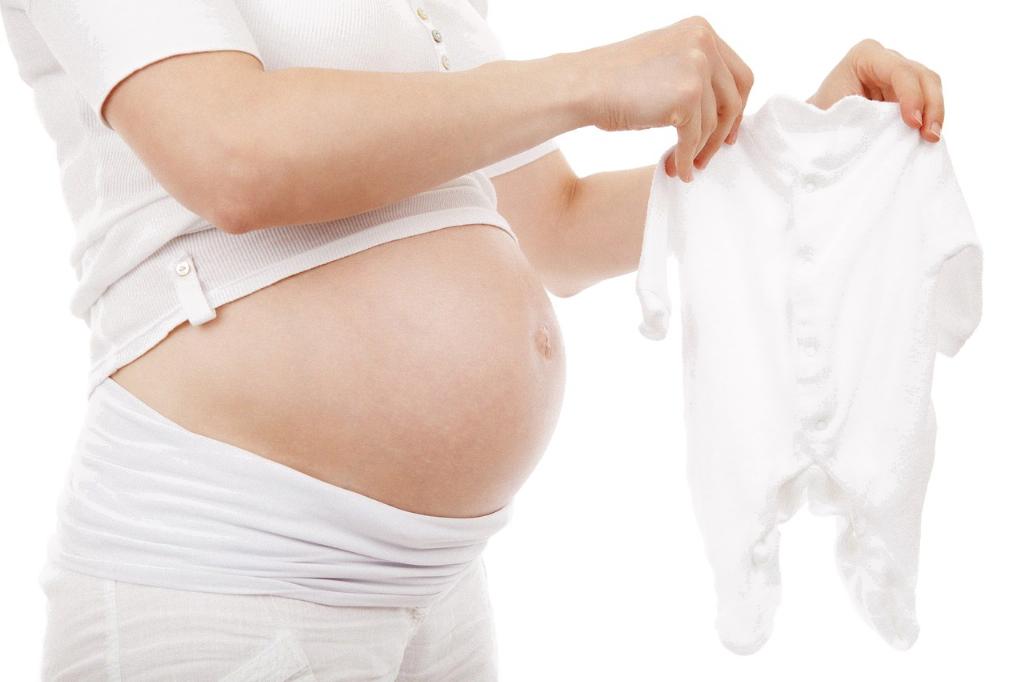One of the earliest signs of pregnancy that many expectant mothers experience is frequent urination. While every woman’s body is unique, it’s common for this symptom to manifest in the early stages of pregnancy. The heightened need to pee can start as early as the first two to three weeks of pregnancy for some women.
Early Pregnancy Hormonal Changes
During early pregnancy, hormonal changes occur rapidly, and these changes can impact various bodily functions, including the bladder. The hormone human chorionic gonadotropin (hCG), known as the pregnancy hormone, plays a crucial role in signaling the body about the pregnancy. As hCG levels rise, it can lead to an increase in urine production, contributing to the need for more frequent trips to the bathroom.
Uterine Expansion and Pressure on the Bladder
As the pregnancy progresses, typically around 10 to 13 weeks, the uterus starts to expand to accommodate the growing fetus. The expanding uterus puts pressure on the bladder, leading to the sensation of needing to urinate more often. This pressure on the bladder can make it feel like it fills up more quickly, even though the actual volume of urine may be less than usual.
Increased Blood Flow to the Pelvic Area
Another factor that contributes to frequent urination in early pregnancy is the increased blood flow to the pelvic region. This increased circulation can enhance kidney function, leading to more rapid urine production. The body’s efficient removal of waste and toxins is essential during pregnancy, but it can also result in the need for more bathroom breaks.
Fluid Retention and Hormonal Changes
Fluid retention is a common occurrence during pregnancy due to hormonal fluctuations and changes in blood volume. The body retains more fluids to support the developing baby and maintain amniotic fluid levels. This fluid retention can also contribute to the feeling of needing to urinate frequently as the body tries to eliminate excess fluids.
Importance of Staying Hydrated
While frequent urination can be bothersome, it’s essential for pregnant women to stay well-hydrated. Adequate hydration is crucial for supporting the increased blood volume, amniotic fluid, and overall health of both the mother and baby. Drinking plenty of water throughout the day can help flush out toxins and prevent urinary tract infections.
Bladder Capacity and Position
During pregnancy, the position of the bladder can shift due to the growing uterus. As the uterus expands, it can displace the bladder and reduce its capacity to hold urine. This can result in the bladder filling up more quickly and triggering the urge to urinate frequently, even if the volume of urine is relatively small.
Progesterone’s Impact on the Bladder
The hormone progesterone, which surges during pregnancy to support the uterine lining and relax smooth muscles, can also affect bladder function. Progesterone relaxes the muscles in the urinary tract, leading to decreased bladder tone and potentially contributing to urinary urgency and frequency.
Tips for Managing Frequent Urination
While frequent urination in pregnancy is normal, there are some strategies to help manage this symptom. Avoiding caffeine and acidic foods, practicing Kegel exercises to strengthen pelvic floor muscles, emptying the bladder completely when urinating, and scheduling bathroom breaks can all help alleviate the inconvenience of frequent trips to the bathroom.
When to Consult a Healthcare Provider
If frequent urination is accompanied by other concerning symptoms such as pain or burning during urination, fever, blood in the urine, or a sudden increase in thirst, it’s important to consult a healthcare provider. These signs could indicate a urinary tract infection or other underlying issue that may require medical attention.
Conclusion
In conclusion, frequent urination in pregnancy can begin early on, often as a result of hormonal changes, uterine expansion, increased blood flow to the pelvic area, and other physiological factors. While this symptom can be bothersome, staying hydrated, maintaining good bladder habits, and seeking medical advice if needed can help ensure a healthy and comfortable pregnancy experience.

